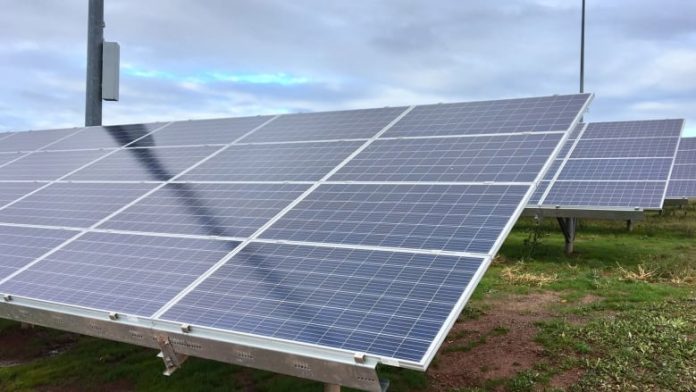The Romanian president has passed a new law to shorten the permitting process for solar projects installed on less than 50 hectares of buildable land.
Romania’s president has passed a new law that simplifies the permitting process for the development of renewable energy projects on buildable land.
The move follows the Romanian parliament’s adoption of amendments to Law No. 50/1991 in January. Those amendments allowed PV, wind, biomass, bioliquids, biogas, storage projects, and transformer stations to be built on plots of agricultural land that are less than 50 hectares in size. The government did so by removing a requirement to acquire a zonal urban plan (PUZ), which was one of the most time-consuming stages of the permitting process.
With law No. 166/2023 passed on June 10, 2023, Romania is also removing the PUZ requirement for buildable land. Project developers will also only need to acquire approval for all building permits once. In the past, developers looking to build a 130 MW project on a 130-hectare plot of land, for example, would have had to split the project into three sections and apply for separate approvals for each part.
“It is a clear indication of the legislator’s intent to support renewable energy development,” Daniel Vlasceanu, partner at law firm Vlasceanu & Partners, told pv magazine. “Apart from the PUZ-related exemption, the fact that on the basis of a single urbanism certificate multiple projects can be developed, will obviously reduce bureaucracy and is meant to simplify the permitting of large projects.”
Vlasceanu said the new measures will shorten the permitting process for larger renewable energy projects by a couple of months.






